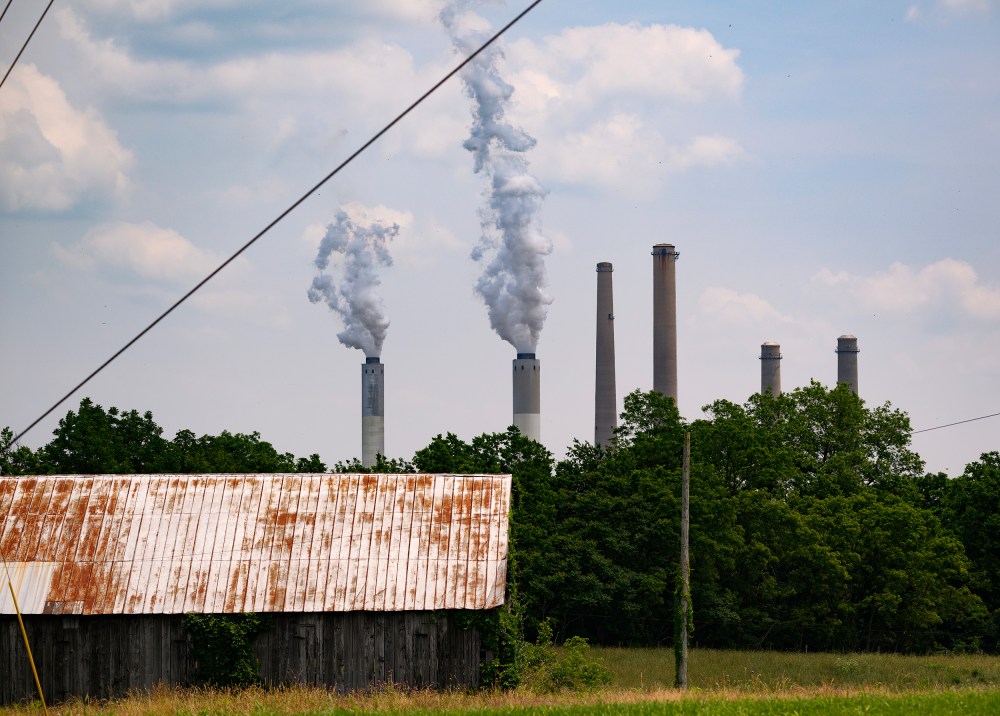It was just last year when the Biden-era Environmental Protection Agency approved a new policy restricting fine-particle pollution as part of an effort to promote cleaner air and prevent thousands of premature deaths. For environmentalists and public health advocates, it was a breakthrough moment.
It did not last long, however. A year later, Trump’s EPA is predictably moving in the opposite direction. The Washington Post reported:
On Monday night, the agency moved to vacate defense of the rule, which the Biden administration finalized last year, arguing that the previous administration did not have the authority to tighten it. That regulation imposed stricter standards on fine particulate matter measuring less than 2.5 micrometers in diameter, including soot, which ranks as the nation’s deadliest air pollutant.
Hayden Hashimoto, an attorney at the nonprofit Clean Air Task Force, told the Associated Press, “EPA’s motion is a blatant attempt to avoid legal requirements for a rollback, in this case for one of the most impactful actions the agency has taken in recent years to protect public health.”
The developments come months after the EPA, currently led by Republican former Rep. Lee Zeldin, cleared the path for increased hazardous emissions from power plants, including mercury, arsenic and lead.
In recent years, when Donald Trump has been pressed on the climate crisis, he’s responded that he supports “crystal clean air.” The obvious problem with the response is that it reflects the president’s apparent cluelessness about the difference between global warming and air pollution. The less obvious problem is that under his leadership, air quality in the U.S. has gotten worse, not better.
Now the latest developments add insult to injury, effectively making this a pro-pollution administration.














